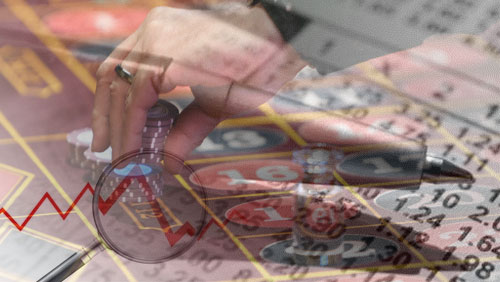Equity investor OUE Ltd, Caesars Entertainment’s casino partner in Korea, saw its revenue decline by almost 11 percent in 2Q 2014. The Singapore-based property developer told the Singapore Exchange Ltd. that it posted revenue of just SGD$100.2 million, 10.6 percent lower than a year ago.
 The loss in revenue was attributed to what OUE described as a lackluster Singapore residential property market sentiment. Earnings before interest and taxes fell to just SGD$32.8 million, 15.8 percent worse than the first quarter of 2014.
The loss in revenue was attributed to what OUE described as a lackluster Singapore residential property market sentiment. Earnings before interest and taxes fell to just SGD$32.8 million, 15.8 percent worse than the first quarter of 2014.
The good news is that OUE’s lackluster revenue isn’t expected to have any effect on the casino consortium it has with Caesars Entertainment and the Lippo Group. The $800-million resort and casino project is moving along well. The consortium, called LOCZ Korea Corp., even completed the required $10 million down payment on the Incheon land where the casino will rise.
Over in Macau, the Gaming Inspection and Coordination Bureau says the government’s voluntary casino self-exclusion program appears to be gaining steam. In 2Q 2014, 77 people applied for the self-exclusion program, 54 percent more than the number of applicants in the previous quarter.Last year, 252 people used the tool to ban themselves for a maximum period of two years.
Moving west, an investigation by the News Agency of Nigeria revealed that around 60 million Nigerians between the ages of 18 to 40 spend close to N1.8 billion on sports bets on a daily basis. That’s about $11.1 million spent on sports betting in a single day.
Dotun Ajekigbe, a sports betting analyst, told Nigeria’s Daily Post newspaper that sports betting has become so popular in the African country that a lot of people have made it their primary source of living, betting on the average of about N3,000 ($18.59). Those who have money to bet usually stake at least N10,000 ($61.96) on a single bet.
Football remains the most popular sport to bet on in Nigeria because of the sport’s popularity across the entire African continent. On any given day during football season, betting shops like 1960bet see anywhere from 200 and 300 people placing bets.
There is a misconception of Nigeria being one of the poorest countries in the world. This year, the country’s GDP is worth more than $500 billion, making it the largest economy in Africa and supplanting South Africa as the world’s 26th biggest economy and expected to become one of the world’s top 20 economies by 2050. Nigerian President Goodluck Jonathan probably summed it up best, when he said a few months ago that Nigeria’s problem is not poverty; it is a redistribution of wealth.